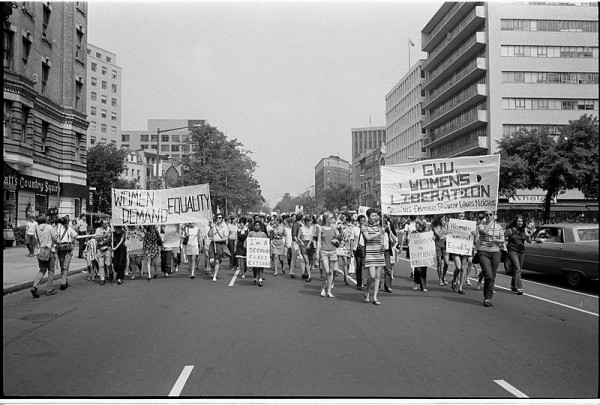“The Indian woman sold to a sheikh: The harrowing story of one Indian woman who was tricked into slavery in Saudi Arabia” (See)
“Somali woman is jailed for a year after claiming she was raped: Human rights groups attack ‘terrible miscarriage of justice’ as woman and journalist who interviewed her are sentenced” (See)
Delhi gang-rape victim dies in hospital in Singapore (See)
And sonn after: “In an incident eerily similar to a sexual assault that sent shock waves worldwide, Indian police say a woman was gang-raped over the weekend by seven men after she boarded a bus at night”. (See)
“Egyptian women protesters sexually assaulted in Tahrir Square
Mob attacks small group calling for an end to sexual harassment as women continue to demand a ‘new Egypt’ post-Mubarak”. (See)
“In Ovid’s version of the Medusa myth, Medusa was originally a ravishingly beautiful maiden, “the jealous aspiration of many suitors,” but when she was caught being raped by the “Lord of the Sea” Poseidon in Athena’s temple, the enraged Athena transformed Medusa’s beautiful hair to serpents and made her face so terrible to behold that the mere sight of it would turn onlookers to stone. In Ovid’s telling, Perseus describes Medusa’s punishment by Minerva (Athena) as just and well earned” (Wikipedia). In other words, blaming the victims of sexual violence is not really new. Many perpetrators justify their actions because women dress in a “provocative” way, or are simply “too attractive”.
Fifty years (1970 Womens Lib march in Washington) the liberation of women from sexual and other forms of violence looks as distant as ever. No country or culture is free from this scourge. “Statistics on the prevalence of the problem indicate that domestic violence is a worldwide epidemic. The World Health Organization (WHO) reports that in forty-eight surveys from around the world, 10-69% of women stated that they had been physically assaulted by an intimate partner at some point in their lives. The WHO also reports that studies from a range of countries show that 40-70% of female murder victims were killed by an intimate partner. A 1997 UNICEF publication reports that between a quarter and one half of women around the world have suffered violence at the hands of an intimate partner”. (See).
The 1 Billion Rising initiative has chosen Feb 14th, Velentine’s Day, to bring attention to this serious problem at worldwide level, and it is a good opportunity to network with all those motivated to make practical proposals. We have mentioned in a previous article that Education for Nonviolence for both men and women, in particular at school level, can add valuable tools to the struggle against discrimination and violence against women. See the Facebook page. Developing empathy, self-esteem, awareness of one’s own and others’ virtues as well as learning strategies for nonviolenct conflict resolution and learning the practical application of the Principle of Valid Action “When you treat others as you would have them treat you, you liberate yourself” is the complement to protective legislation and other measures to produce both social and personal change to end this ancestral form of violence.










